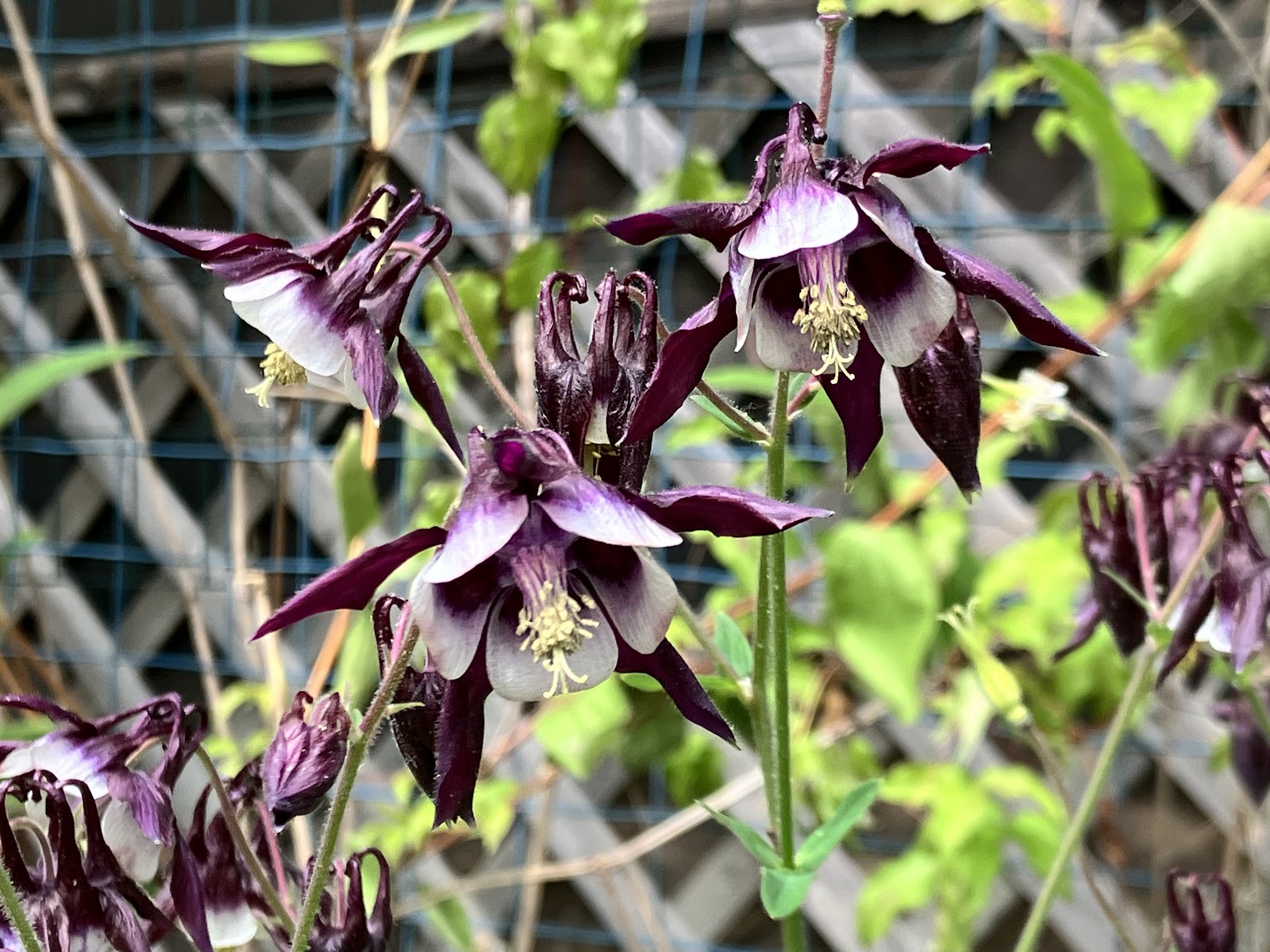Aikido Brotherhood
I heard a TedTalk by a journalist, Sebastian Junger, about why soldiers miss war. Their spouses often wonder why they seem so dissatisfied with home life and rather return to the war zone. The soldiers are not crazy and they are not psychopaths who love to kill. Nor do they want to be injured or killed. Junger, who, himself, is a veteran, suggests that it is not war that they miss. Instead, it is the intense sense of connection between each other that the soldiers yearn. It is the exact opposite of war. The journalist calls it "brotherhood".
As Junger explains, friendship means you get to know someone, and you like someone more and more as you get to know them, and thus you are willing to do things for them. Brotherhood is different: it is like a contract among members of a group, agreeing to put the welfare of the group and its members above your own. It has nothing to do with how long you have known each other or how much you like a particular person. You would do anything for them, including giving your life, just because you are part of this group.
After experiencing such an intense and unusual bond with fellow soldiers, when a soldier returns home, some of them would feel totally disoriented in the normal society where they are not sure who to trust, how much to trust, and wonder how much others are willing to do to take care of them.
I was talking to Hugh Marr, a fellow Aikido student one evening after practice. Hugh is a psychologist. He was telling me how "strange" it is to come to Aikido to get hit, to get thrown, but going home happier than ever. The moment he steps into the dojo, his eyes lighten up, and his heart is filled with good feelings. I shared with him the TedTalk. Hugh agrees that aikido friendships tend to feel very special. We possibly share some of the brotherhood sentiments of soldiers who go to war together.
In Aikido, partners go through life and death together. We hit each other not because of hate or anger. It is not a competition of strength or power. Even though we try our best to hit firmly and realistically, we do not mean to hurt each other. Actually, we look forward to seeing our partners get out of the way and successfully throw us around or pin us down! The attack is an act of love. It is how aikido friends greet each other. We care and love each other so much that we are willing to make ourselves so vulnerable in order to help each other grow. This kind of practice basically turns the norms of the outside world upside down!
Non-aikido friends and family often find it perplexing that Aikido people love being flicked and tossed. "It looks painful! How can it be fun at all?" they often ask. Without going through the experience, one can never understand why Aikido can be so addictive. They want to understand so bad? Invite them to come try Aikido themselves!
As Junger explains, friendship means you get to know someone, and you like someone more and more as you get to know them, and thus you are willing to do things for them. Brotherhood is different: it is like a contract among members of a group, agreeing to put the welfare of the group and its members above your own. It has nothing to do with how long you have known each other or how much you like a particular person. You would do anything for them, including giving your life, just because you are part of this group.
After experiencing such an intense and unusual bond with fellow soldiers, when a soldier returns home, some of them would feel totally disoriented in the normal society where they are not sure who to trust, how much to trust, and wonder how much others are willing to do to take care of them.
I was talking to Hugh Marr, a fellow Aikido student one evening after practice. Hugh is a psychologist. He was telling me how "strange" it is to come to Aikido to get hit, to get thrown, but going home happier than ever. The moment he steps into the dojo, his eyes lighten up, and his heart is filled with good feelings. I shared with him the TedTalk. Hugh agrees that aikido friendships tend to feel very special. We possibly share some of the brotherhood sentiments of soldiers who go to war together.
In Aikido, partners go through life and death together. We hit each other not because of hate or anger. It is not a competition of strength or power. Even though we try our best to hit firmly and realistically, we do not mean to hurt each other. Actually, we look forward to seeing our partners get out of the way and successfully throw us around or pin us down! The attack is an act of love. It is how aikido friends greet each other. We care and love each other so much that we are willing to make ourselves so vulnerable in order to help each other grow. This kind of practice basically turns the norms of the outside world upside down!
Non-aikido friends and family often find it perplexing that Aikido people love being flicked and tossed. "It looks painful! How can it be fun at all?" they often ask. Without going through the experience, one can never understand why Aikido can be so addictive. They want to understand so bad? Invite them to come try Aikido themselves!



Comments
Post a Comment